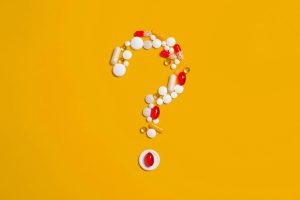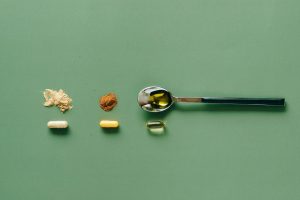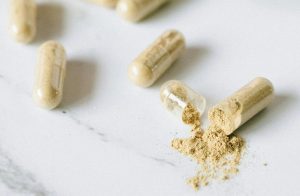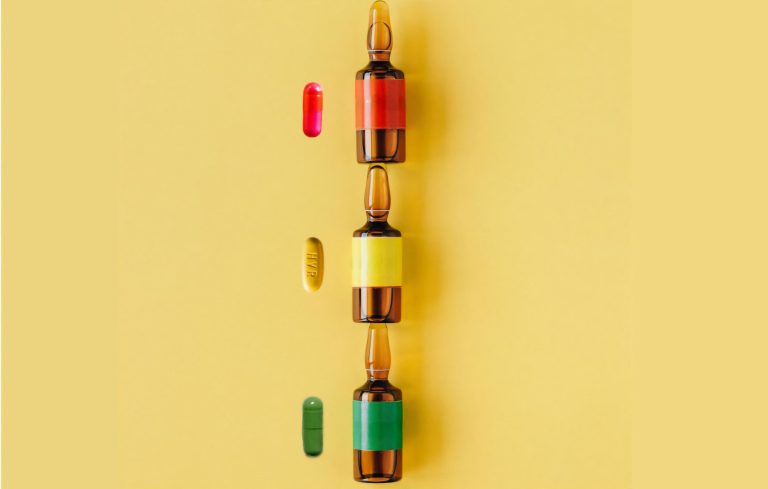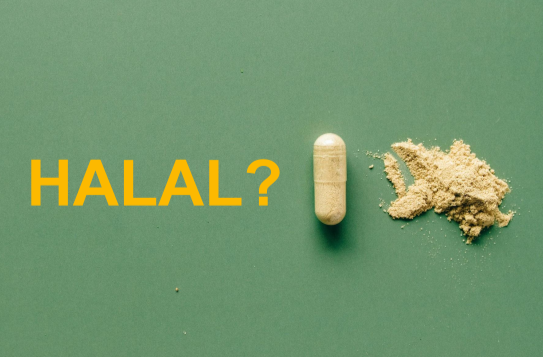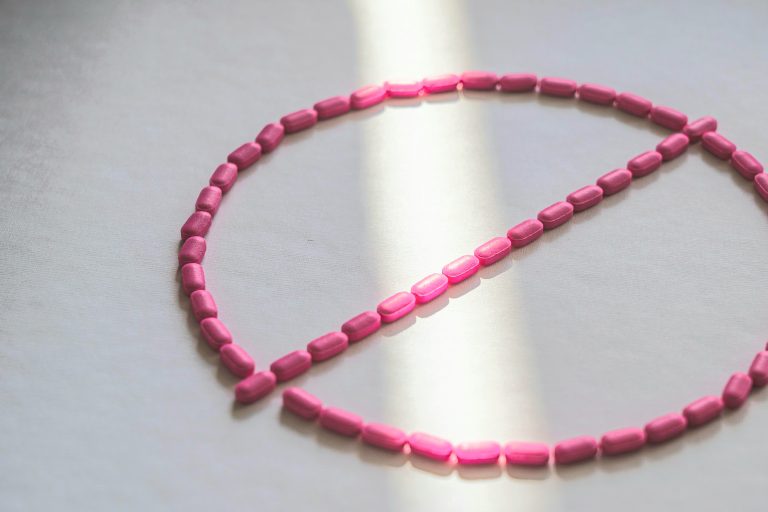How to find out if a medicine contains harām ingredients or excipients
This resource is for the Muslim community (including patients, carers, parents and members of the public). Healthcare professionals may also find this resource useful when supporting people with gathering and understanding information about their medicine(s).
It may help you to find out what the ingredients or excipients commonly found in medicines are to look out for that may be an issue for the Muslim community, how to find out if a medicine contains them and the information you need to gather to find out about the permissibility of medicine(s).
If you find out a medicine contains possible harām ingredients or excipients, see our guide on ‘What to do if a medicine contains harām ingredients or excipients‘. This guide includes the conditions of when it is acceptable to take a medicine that contains harām ingredients or excipients, is derived from harām sources, or where there is cross-contamination with harām sources. It may also help you make informed decisions on the next steps in discussions with your healthcare professional.
Step 1 – Identify the possible harām ingredients or excipients
To find out if a medicine is permissible or prohibited to take, you first need to know what ingredients or excipients to look for that may be an issue for the Muslim community. Here are some examples:
- Ethanol
- Carmine
- Chinese hamster ovary cells
- Gelatine or gelatin
- Rennet.
This list is not exhaustive. For further information on these ingredients and excipients and other common ingredients or excipients, see the full list see here.
Step 2 – Gather information
Now you know what ingredients or excipients to look out for, you then need to gather some information.
Click on each question below (1-3) to help you find out more about the medicine and its permissibility:
Question one: Does the medicine contain ingredients or excipients that may be an issue for the Muslim community?
For information on which ingredients or excipients may be an issue for the Muslim community, see the section on Identify the possible harām ingredients or excipients. You can find out if the medicine contains any of these ingredients or excipients in the following ways:
- The patient information leaflet (PIL)
- You can find the PIL in the medicine packaging for the relevant product
- You can search and download the PIL for the relevant product from the electronic medicines compendium (emc) website
- You could ask your local pharmacist to give you a PIL for the relevant product.
- The summary of product characteristics (SPC)
- You can find the SPC on the electronic medicines compendium (emc) website under section 6.1 for the for the relevant product
- You could ask a healthcare professional, like your pharmacist or doctor, to help you understand the SPC
- You may need to contact the manufacturer to find out about certain information e.g. the source or percentage of ethanol in the final product.
- If you are still unsure if your medicine contains an ingredient or excipient you are concerned about, speak to your local pharmacist who are the experts in medicines.
⚠️If you find out the medicine contains ingredients or excipients that may be an issue for the Muslim community → go to question 2.
✅If you are satisfied that the medicine does not contain ingredients or excipients that may be an issue for the Muslim community → continue taking the medicine as prescribed.
Question two: What is the source of the ingredient(s) or excipient(s) that may be an issue for the Muslim community?
Depending on the ingredient(s) or excipient(s), you may need to find out about the source of the ingredient(s) or excipient(s), as well as potential for cross contamination with harām sources during the manufacturing process. This information is important as it can help you decide if the medicine is halāl or harām to use or take.
Please note: Information regarding cross-contamination or potential contact with harām sources is not always readily available from all manufacturers.
You could find out about the source and if there is any cross contamination during the manufacturing process in the following ways:
- Contact and ask the manufacturers or Marketing Authorisation Holder (MAH) directly (note the MAH may or may not be the same company as the manufacturer)
- You can find the MAH details in the patient information leaflet (PIL) or on the electronic medicines compendium (emc) website for the relevant product
- Sometimes, MAHs cannot guarantee the sources ingredients and excipients for various reasons e.g. they may use different suppliers in the manufacturing process, the sources can change, suppliers can change, the formulation can change. Therefore, it is important to check this information regularly to check suitability
- Each brand or generic formulation of the same drug may be made using different ingredients and excipients from different sources and different suppliers. Therefore, it is important to check this information for each brand or generic formulation to check suitability
- Depending on the excipient or ingredient, we have some template emails you can send to the relevant product MAH medical information teams to find out further information. This may help you in discussions with your healthcare professional, or local Imam or trusted Islamic scholar (ideally who has relevant knowledge and expertise in the Fiqh of medicines).
- Your local pharmacist working in the following areas may also be able to help you find out this information:
- The community pharmacy – where you get your regular medicines dispensed, as they have access to your medication records
- The local hospital – if you received your medicines from the hospital pharmacy
- The GP practice – some surgeries have a practice-based pharmacist available.
⚠️If you find out the medicine contains harām ingredients or excipients from harām sources or there is cross contamination→ go to question 3.
✅If you are satisfied that your medicine does not contain harām ingredients or excipients from harām sources and there is no cross contamination → continue taking your medicine as prescribed.
Question three: Is the medicine permissible to take?
It is important to remember that even if a medicine contains a harām ingredient or excipient, this does not always mean it is prohibited (harām) to take or use.
If you find out the medicine contains harām ingredients or excipients from harām sources, then there are five conditions that must be met to make the harām medicine permissible to take or use. Find out if you meet the five conditions here.
✅If all five conditions are met, it is permissible to take the medicine even if it contains harām ingredients or excipients.
⚠️If all five conditions are not met, then it may not be permissible to take the medicine and you should see our guide on ‘What to do if a medicine contains harām ingredients or excipients‘ This guide includes the conditions of when it is acceptable to take a medicine that contains harām ingredients or excipients from harām sources. It may also help you make informed decisions on the next steps in discussions with your healthcare professional.
If you are still not sure about the permissibility of your medicines, you may want to speak to your:
- Local practising Muslim healthcare professional – such as your pharmacist, nurse or doctor, as they may have relevant knowledge of Fiqh in this area
- Local Imam or trusted Islamic scholar (ideally who has relevant knowledge and expertise in the Fiqh of medicines).
You may need to book an appointment to arrange a discussion with them. It may be helpful for you to take photos of the medicine packaging with you (to identify the manufacturer) and any information that you have gathered already using this guide, to support discussions. Remember to write down any questions you may have for them.


